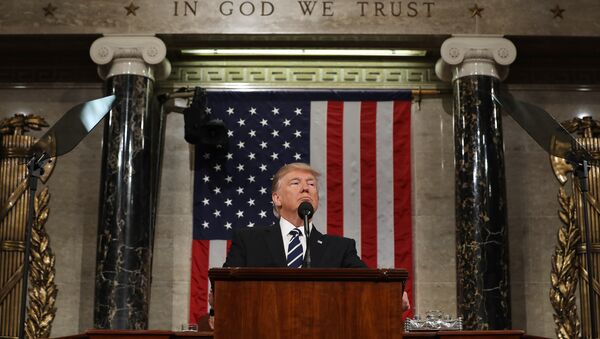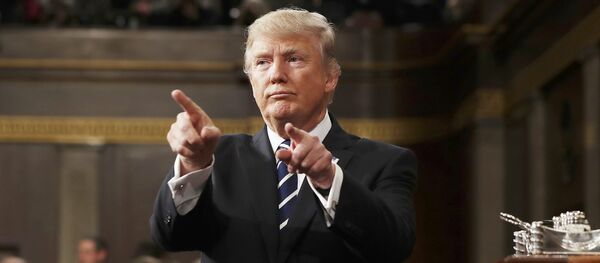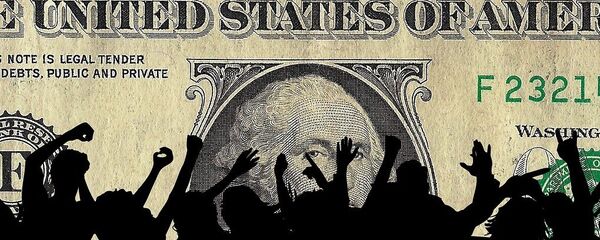The lower taxes in the US and higher customs tariffs on the US border will spur many other economies to implement measures similar to Trump’s planning in order to remain competitive.
Subsequently, the rising protectionism in trade and higher budget spending here and there will drain the wealth of nations both in the advanced world and – perhaps, in an even more gruesome fashion – in the periphery.
US President Donald Trump has repeatedly stated his intent to slap imports into the US with higher customs tariffs, up to 35pc on goods of Mexican origin, and up to 45pc on the Chinese shipments, in order to support domestic US manufacturers. He also pledged to ‘massively‘ cut both corporate and individual income taxes in the US and boost infrastructure spending so that the generation of wealth gains traction from higher levels of investment and ROI. US exports, meanwhile, will be free of exports tariffs, or face only minor taxation at the US border on their outbound route.
In terms of international trade, all these measures will likely give the US producers a competitive edge over their overseas peers, which other national governments will hardly tolerate. Fiscal stimulus, implemented in one major economy, will thus inevitably be mirrored to a certain extent in other nations, which will have lasting effects to the global economy and signal the end of the era of the post-Great Recession recovery, dominated by monetary policy measures.
The currency devaluations in 2014-2015 are another example. With mainland China consistently lowering the FX rate of the renminbi at that point supporting its industrial exports, other central banks, including those in the Eurozone, Russia, South Africa, and Brazil, among others, allowed their currencies to slip, struggling for competitiveness in international trade.
Now, with Trump putting a lot of money into the revitalisation of US productive capacity, other nations are willing to implement fiscal stimuli of their own. The Bank of England (BoE) has been discussing cutting taxes and boosting governmental spending since late 2016, and only the robust post-Brexit expansion is putting those plans on hold. The Eurozone is unable to conduct a single fiscal policy, but some member states are willing to boost spending of their own. Other major economies and the rest of world will also have to beef up budget spending and/or lower the taxes.
The answers are likely no, and no, meaning the era of the Trumpian overhaul in the global economy will likely benefit only few markets, while the rest will struggle to keep up pace in what appears to be a losing game for many of them.
"A trade war would not benefit either country or either country's people, you could say it would have no advantage whatsoever," Zhong Shan, Commerce Minister of mainland China, said.
Merkel said on Thursday she’d put substantial effort into ensuring free trade and advocated free trade agreements as an answer to the Trump-proposed protectionism. However, this agenda will likely change after the White House enforces its tax and trade plans, as free trade nations will find themselves in a disadvantageous position running greater trade deficits or lower surpluses due to America’s protectionism.
"The economic nationalism is a much bigger wildcard because we don't know how the language translates into policy at this point," OECD head Catherine Mann said.
The global race in fiscal stimuli will likely, however, fail to achieve its goals boosting the world economic growth substantially higher through extracting benefits from trade, even though certain nations might enjoy a period of tree-to-five years of economic prosperity.
Similar to the global wave of monetary easing and currency devaluations, the overhaul on the fiscal side will produce only temporary effects only because it does not address the more important issue the global economy is facing. The global overproduction crisis might be just around the corner, as its early sings are already visible in the form of lower profits and wages, and the oversaturation of the fairly weak consumer market.






